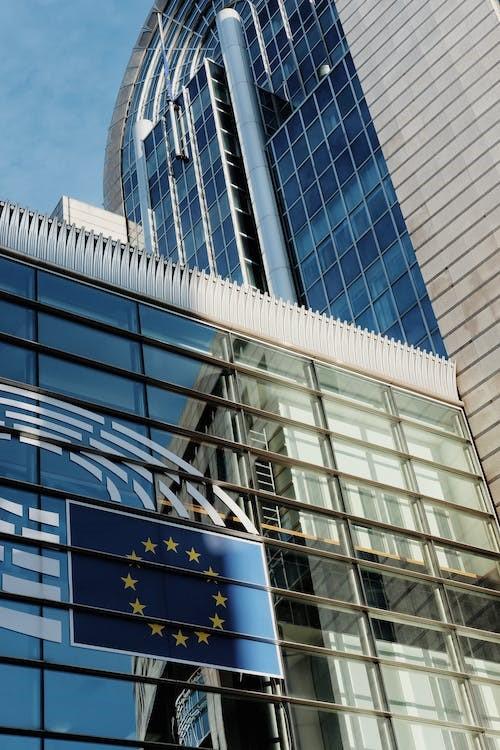
4 minute read
Private Pensions Plan
Ġ e m m a T e a m
Private pension products available in Malta are governed by rules established by the Malta Financial Services Authority (MFSA). We have prepared a summary of the current rules & tax measure incentives on private pension plans: Your contributions towards a private pension plan are eligible for a tax credit of 25%, up to a maximum set by the government. Under current legislation, contribution amount is capped at €3,000 (resulting in a maximum tax credit of €750 per person (€3,000 * 25% = €750);
You can access your savings from your private pension plan from the age of 61 but no later than 70 years of age; You are eligible for a tax credit only if you are 18 years of age, when your pension scheme is set up and if you are a resident of Malta for tax purposes. Tax credit is refunded the year following your initial deposit. E.g. if you started the plan in 2020, tax credit will be refunded in 2021; You can access your savings in your private pension retirement scheme as follows: You may choose to take up to 30% of your savings as a tax free lump sum. The rest (i.e the 70%) are taken as a pension. This can be in the form of an annuity or in the form of programmed withdrawals. This income might be subject to taxation;

The pension scheme will pay your heirs 101% of the value in your account upon your death; The pension scheme may provide your heirs with a payment for funeral expenses (to a certain limit) as a partial pre-payment of the Death Benefit.
K a r e n F a r r u g i a M a n a g e r I I R e s e a r c h ( I R U ) In the previous articles we focused on the EU coordination rules. This Article will provide an overview of the social security provisions agreed between the EU and UK following Brexit.
What changes on 1 January 2021? By leaving the EU, the UK has chosen to put an end to the free movement of persons between the EU and the UK as of 1 January 2021. All movements after 1 January 2021 will be subject to the EU's and UK's existing immigration legislation applicable to all third country nationals.
Those who were or had been already in a cross-border situation between the EU and the UK before 1 January 2021 are covered under the Withdrawal Agreement which allows for their continued right to remain, ensures non-discrimination and protects their social security rights.

Who is covered by provisions on social security coordination? The Trade and Cooperation Agreement covers EU citizens, UK and third-country nationals, stateless persons and refugees, in a cross-border situation as of 1 January 2021, legally residing in the EU or the UK and whose situation is not confined to a single country from a social security perspective. It also covers their family members and survivors. What exactly will be covered under the coordination of social security systems? The Agreement ensures that social security benefits are coordinated. It also ensures that only one set of rules applies to a person at any given time. This will avoid the risk that such a person would pay double social security contributions or that no legislation applies to them at a given moment and are therefore left without social security protection.

The Agreement provides wide protection to EU and UK citizens. The majority of social security benefits will be coordinated and protected between the EU and the UK, so that citizens preserve their rights if, for example:

they are or will be in a cross-border situation and work or will work in more than one country, one of them being the UK as from 1 January 2021; they reside in one party and work in another; they move residence to the other party; or they travel between the EU and the UK for a temporary stay.
More specifically, such persons will not lose their right to old-age and survivors' pensions, death grants, pre-retirement benefits, or maternity/paternity benefits related to the birth of a child in the other party.
Accidents at work will also be coordinated so that a person working outside the State of insurance may be treated in the State of work where the accident happened. If they move to the other party, they may continue to receive their cash benefits there as well.
What won't be covered?
The Agreement foresees equal treatment of EU citizens with UK nationals and vice versa for the purpose of social security contributions and benefits. However, there are some exceptions. For example, certain benefits are not included in the Agreement and that means that access to such benefits will be left for domestic legislation which may then choose to treat the concerned persons differently. Such benefits include family benefits, longterm care, special non-contributory benefits, or assisted conception services.











